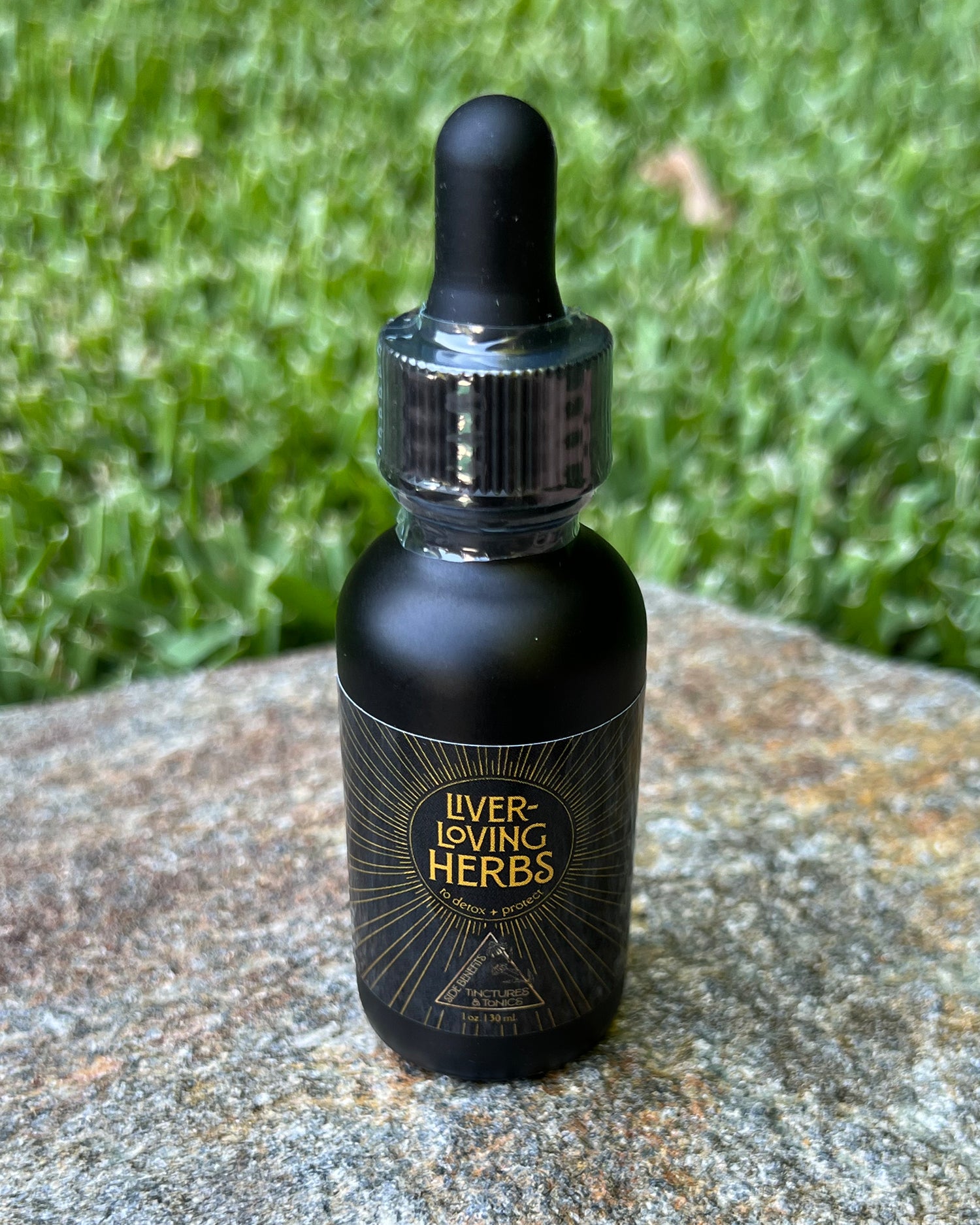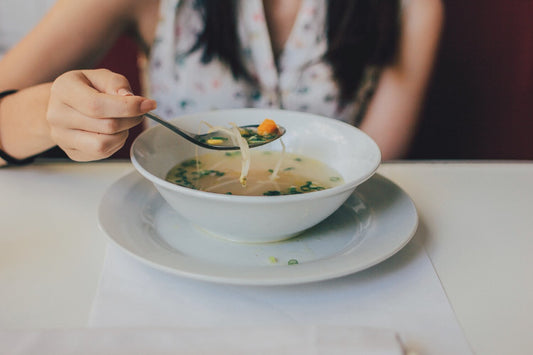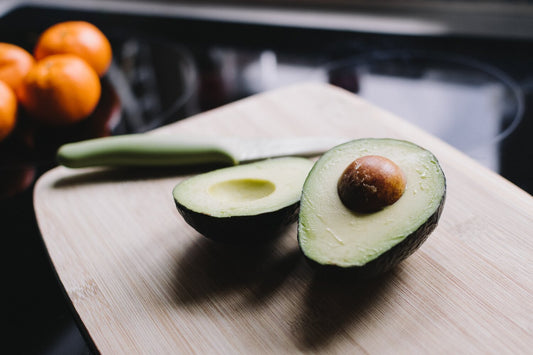Stress & Anxiety
Stress. We’ve all felt it. The heart-pounding, muscle-tensing, shallow-breathing reaction (aka stress response) where our bodies are being flooded with the stress hormone, cortisol (aka adrenaline). A study in JAMA Internal Medicine estimates 60 to 80% of primary care doctor visits are related to stress, yet only 3% of patients receive stress management help, possibly due to the fact that stress is difficult to define and looks different for everyone. Digestive distress, weight gain, irritability, fatigue, insomnia, skin issues like hives, and even heart disease, diabetes and cancer – have been all linked to the effects of chronic stress.
Collective stress-levels are only continuing to rise. Obviously a fully functioning immune system is more important now than ever – and it will come as no surprise to learn that stress weakens the immune system. While lowering stress might seem impossible to some, there are small things we can do to calm our anxious minds, manage our response to stress, and maybe even remove some of the stressors we are facing today.
Oftentimes, what we’re eating could be causing or worsening our anxiety. Stress-inducing foods include alcohol, caffeine, high-histamine foods (foods that are cured, fermented or cultured exacerbate symptoms in histamine-intolerant individuals), sugar (including fruit, sweetened or non-fat yogurt, juice, etc.), trans fats (like those used for frying foods) and refined carbohydrates (white flours bagels, bread, cereal, etc.). Or it could even be kale or zucchini if you’re sensitive to them. So those “comfort foods” you might be craving during those stressful times – like mac n’ cheese – are absolutely contributing to the bucket of stress your body is attempting to handle.
Did you know that poor gut health can trigger anxiety? When you work with me (or someone like me), together, we’re able to determine your food and lifestyle-related root causes of stress—via testing and investigating. We then eliminate those foods that stress the body (for a window of time), work to restore functionality, eradicate pathogens (if needed), heal and seal damaged gut lining, and identify practical solutions to help stave off anxiety.
Inflammation plays a large part
First of all, inflammation is both good and bad. We need inflammation for healing and immune function. But when it is out of balance, certain pathways can become overactive, causing new symptoms to be created, resulting in a positive feedback loop of ever-increasing inflammation and symptoms. Inflammation in the gut leads to damage to the villi of the small intestines which make up the delicate lining of the intestines and are responsible for absorbing nutrients from food. When you have an inflamed (leaky) gut, it can lead to a compromised immune system. When a leaky gut is coupled with unmanaged chronic stress, inflammation can cross the blood-brain barrier and spread to the brain, leading to depression, Alzheimer’s and more.
An imbalanced microbiome is stressful
When we eat foods that our body is sensitive to; the balance of commensal bacteria living in our digestive tract is vulnerable to opportunistic pathogenic bacteria, parasites & worms, and/or yeasts taking up residence. When we have an imbalanced microbiome along with an increase in pathogens (aka dysbiosis) this affects our enteric nervous system’s ability to produce neurotransmitters like dopamine and serotonin. When we produce less of these “good mood” neurotransmitters, this can exacerbate anxiety.
Let’s return to ‘Slow Food’
I have a hard time understanding why people don’t like to cook. A properly prepared meal that tastes delicious is like food for the soul! Don’t you just love a perfectly folded and buttery omelet? A hearty soup that you’ve simmered all day and get to enjoy all week? Building an Instagram-worthy salad? There is just something so sensual and satisfying in the simple task of feeding ourselves.
Mindfulness strategies for relaxation & improved sleep
When we talk about sleep, everyone knows quantity is key, yet we often neglect the role quality sleep plays in overall health and how crucial sleep is to preventing chronic stress.
Create a bedtime routine for yourself –– nothing stimulating at least 1 hour before bed; turn off all screens, read, listen to a book on tape, meditate, stretch, use calming essential oils, take a hot shower and practice deep breathing. Sip a cup of Lemon Balm or Passionflower tea (it’s sedative effects have been studied) to help calm you before bed. As for an adaptogenic herb that helps with sleep, Chinese skullcap is something else you might try now or in the future as it also has sedative effects and has been used to treat anxiety. Magnesium is a mineral that I also recommend adding to your bedtime routine. This essential nutrient relaxes muscles and aids sleep. If we don’t have enough, we tend to feel tired and weak.
Things you may be doing to make your stress & anxiety worse
- Not getting enough sleep
- Not getting enough exercise
- Not drinking enough water
- Spending too much time on social media
- Reading the news excessively
- Drinking alcohol
- Eating poorly
Things (and ways) you can do/drink/eat to relax
- Yoga & meditation
- Slow belly breathing (Count to 6 for an in-breath, hold it for a count of 6, and breathe out for a count of 6) Repeat 3 times over.
- Spend time outdoors
- Exercise
- Get plenty of sleep
- Express daily gratitude in a journal
- Guided imagery
- Take a warm bath or shower
- Aromatherapy (calming scents include lavender, rose, sandalwood, geranium and ylang ylang)
- Acupuncture
- Chiropractic
- Sip passionflower tea and green tea (it contains calming L-Theanine)
- Stay hydrated by drinking ½ your body weight in ounces, per day
- Incorporate adaptogenic herbs and medicinal mushrooms (Ashwagandha, Astragalus, Skullcap, Rhodiola, Eluthero, Reishi)
- Eat a nutrient-dense diet (high in the nutrients I’ve highlighted below)
B-Vitamins
The Standard American Diet (SAD) is largely deficient in B-vitamins (needed for biochemical reactions, neurotransmitter production and energy production) and stress increases the body’s and brain’s need for them. Even if you’re eating a healthy, B-vitamin rich diet, you may need supplementation, especially since we’re all dealing with excessive stress these days. For the majority of people, supplementing with a B-complex is a great idea. Foods that contain naturally occurring B-vitamins include:
- Raw or cultured dairy products
- Cage-free eggs (pastured is best)
- Grass-fed beef (pastured is best)
- Wild-caught fish (shellfish too)
- Leafy green veggies
- Brewer’s yeast
Vitamin D
Low levels of vitamin D is associated with higher rates of depression and seasonal affective disorder (SAD), along with osteoporosis, cancer, arthritis, cardiovascular disease, and lowered immunity. Getting out in the sun everyday – with skin exposed – for at least 20 minutes a day can help, but eating vitamin D-rich foods is the best way to supplement the diet. Foods that contain naturally occurring vitamin D (and all four fat-soluble vitamins, A, D, E and K2) include:
- Cod liver oil
- Full-fat raw dairy
- Pastured eggs
- Beef liver
- Mushrooms
Magnesium
Magnesium is a powerful mineral that is instrumental in sleep and is a natural relaxant that helps deactivate adrenaline. Magnesium deficiency is common due to the fact that we do not eat enough foods that contain this important, calming mineral (and electrolyte). Food sources of magnesium contain less than they used to because of modern farming practices like monocropping which leads to topsoil depletion. And the over consumption of calcium in the SAD diet also induces magnesium deficiency. Food sources of magnesium include:
- Avocados
- Beans & legumes (soaked & sprouted is best)
- Nuts
- Wild-caught salmon
- Cruciferous veggies
Omega-3s
While we need a balance of both omega-6 and omega-3s, within omega-3s are the fatty acids EPA and DHA which are excellent at staving off anxiety and relieving symptoms of depression. Food sources of omega-3s include:
- Mackerel
- Salmon
- Seabass
- Oysters
- Flaxseed & chia seeds
- Fish oil
- Sardines
- Seaweed
- Walnuts
You too can be a stress-handling Zen-master
It takes work, but we must teach ourselves to respond to stressors with a calm confidence, rather than react with fear. If you’re game to take notice of what makes you feel anxious, remove food sensitivities, make moves to manage your stress-response and learn how your body’s systems work together to keep you well – then you and I can easily work together to address your concerns, work towards your health goals, heal and seal your gut, boost your immune system and get you closer to your vision of optimal health!






